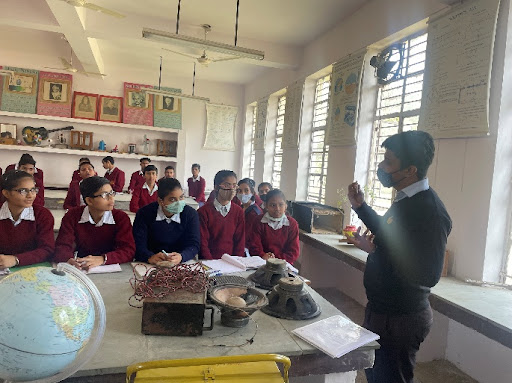
Workforce Assessment: Is Panipat ready for its 4th battle?
- By Rahul Saini -- Co-Author Swati Aggarwal
- August 30, 2022
Panipat Economy, Skill Development, Workforce Assessment, Employability, Vocational training
Rahul Saini and Swati Agarwal list simple solutions that can have a powerful impact on the looming war on jobless growth in Panipat and help realise the potential of Skill India in the district
Panipat, a part of the northern Indian plains, holds an important place in history. From the mid-16th century, it has witnessed three historical battles. The first established the Mughal rule, the second strengthened the reign of Akbar in the country, and the last broke the Maratha ambition to rule over India. Apart from this, Panipat also has a story of rapid industrialization, especially in the textile sector. Currently, more than 50% of total handloom export from India comes from Panipat, whose handloom industry generates over Rs. 4,000 crores and more than two lakh jobs within the district. Over 75% of all barrack blankets for the armed forces are sourced from the district.
The positive effects of the Green Revolution, combined with the availability of fertile and plain land with proper canals, accessible groundwater and moderate rainfall, have contributed to the success of agriculture. Despite this, Panipat has been unable to deliver on creating jobs and building skills. The 4th battle of Panipat against this phenomenon of jobless growth is on the horizon. This article presents a short assessment of the current status of employment in the district and perspectives from industry and the employment department in Panipat.
Despite more than 10,000 industries, including 15 large and medium-sized industries in the districts, covering sectors like textile, cement, food processing, pharmaceuticals, fertilizer, oil refinery and sugar mill, the district is unable to meet the aspirations of the local youth. With the availability of cheap, unskilled, migrant labour, the stigma attached to labour intensive, low skill and unskilled jobs and high agricultural incomes, there is also a lack of interest in low paying jobs.
To further understand the problem at hand, a Mahatma Gandhi National Fellow started a series of interactions to understand both labour demand and supply verticals in the district. He found that labour demand in the textile industry was met through human staffing private companies, through their own marketing methods, etc., whereas industries like food processing, manufacturing, exports, pharmaceuticals, etc. require some sort of technical skill in their job roles and thus prefer candidates from the ITI, training centres and private colleges, using referrals, etc.
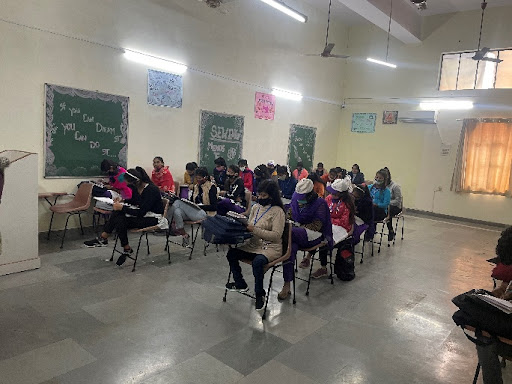
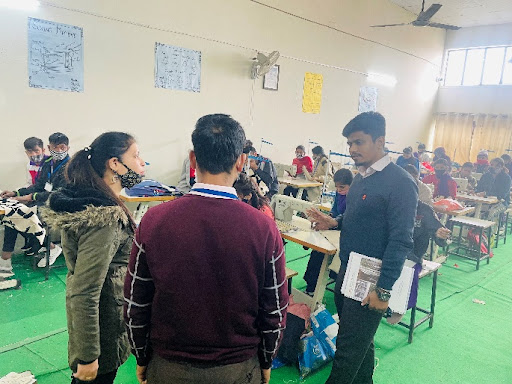
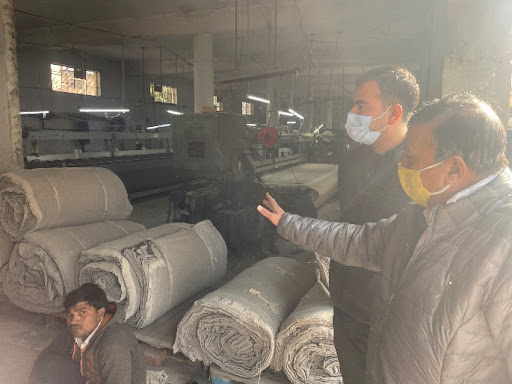
The supply of labour is plagued by several challenges. Firstly, there is the absence of an institutional mechanism to learn about where workforce demands exist. Secondly, there is a lack of zeal among the local youth to work in the unskilled sector. The third includes a lack of technical expertise among the graduates from the district’s training centres. Fourthly, there is poor practical knowledge among the students of these institutions. Fifth, there is a lack of capacity and soft skills among these students/trainees.
Feedback also suggests that there is a mismatch between the demand and supply of students/trainees, as students are taught in terms of a traditional curriculum that doesn’t match with present industry requirements. Lastly, these industries also see a high attrition rate among students of these training centres/government vocational centres. However, during interactions with industries representatives, it was found out that industries are willing to hire local trainees, subject to the condition that candidates possess decent technical knowledge and the communication skills required at the workplace.
The district has significant potential to absorb its skilled youth, but some structural changes are required to support this. According to the industries placement department, trainees must undergo an internship before entering the final year so that they equip themselves with practical workplace realities. However, there is no or little contact between the employment department and industries in the district. Industry internship programmes can be a simple way to improve skilled job creation in the district.
Also, the linkage of institutions with the employment department, District Industries Centre (DIC), and MSME department can help training centres build relationships with factories, and industries within the district. These relationships will improve placement and internship rates in the institutions. Tracking these linkages, job openings and job aspirations of the youth on a common platform with parallel institutional linkages across multiple departments at the district and the industry has the potential to create powerful impacts on skilling in Panipat.
There is a saying, “In preparing for battle, you will always find that plans are useless, but planning is indispensable.” Some of these simple solutions can have a powerful impact on the looming war on jobless growth in Panipat and help realise the potential of Skill India in the district.

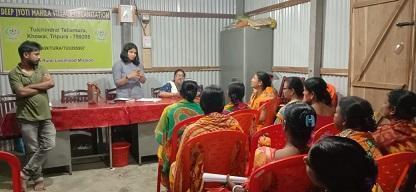
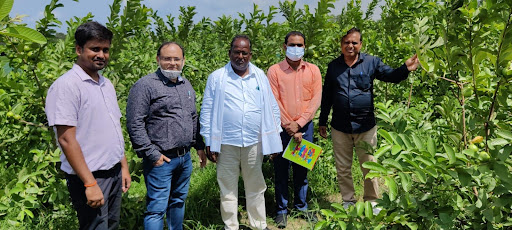
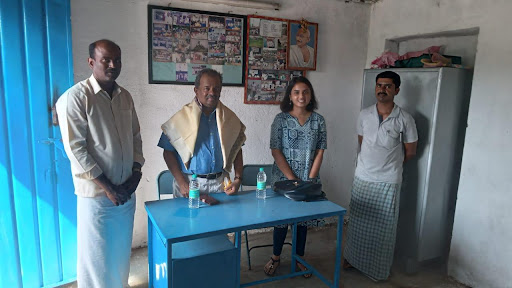
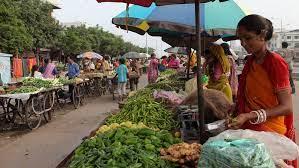
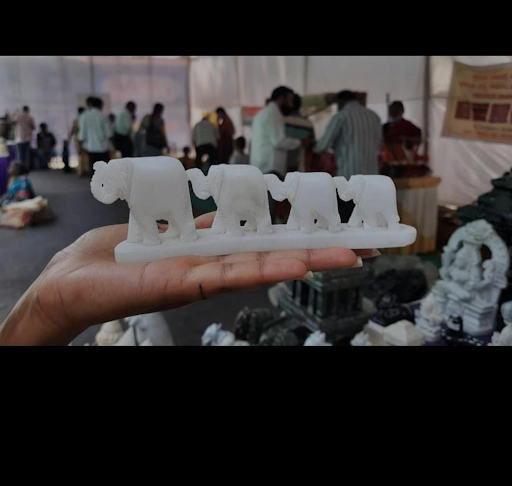
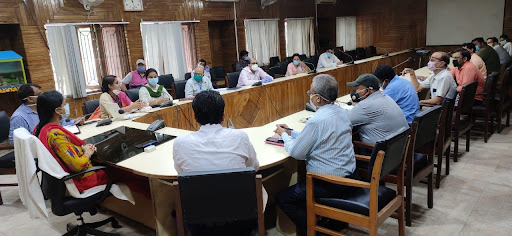
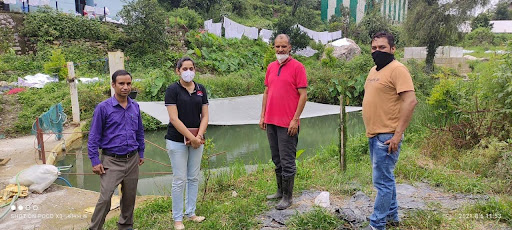
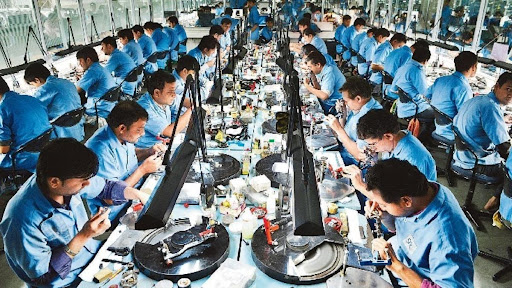

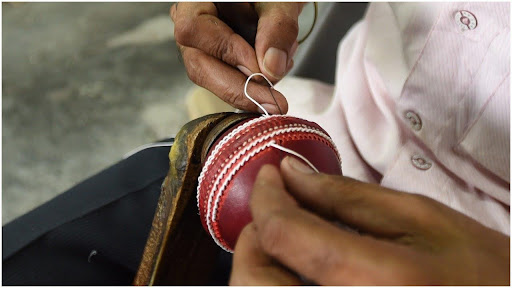

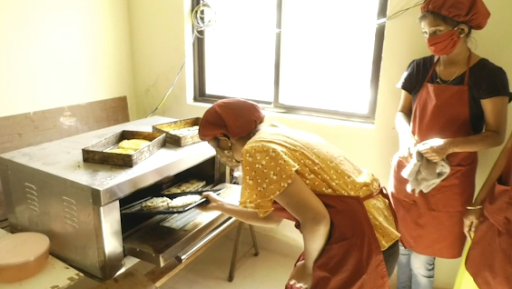
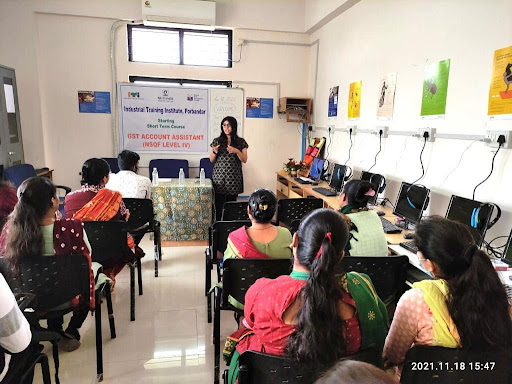
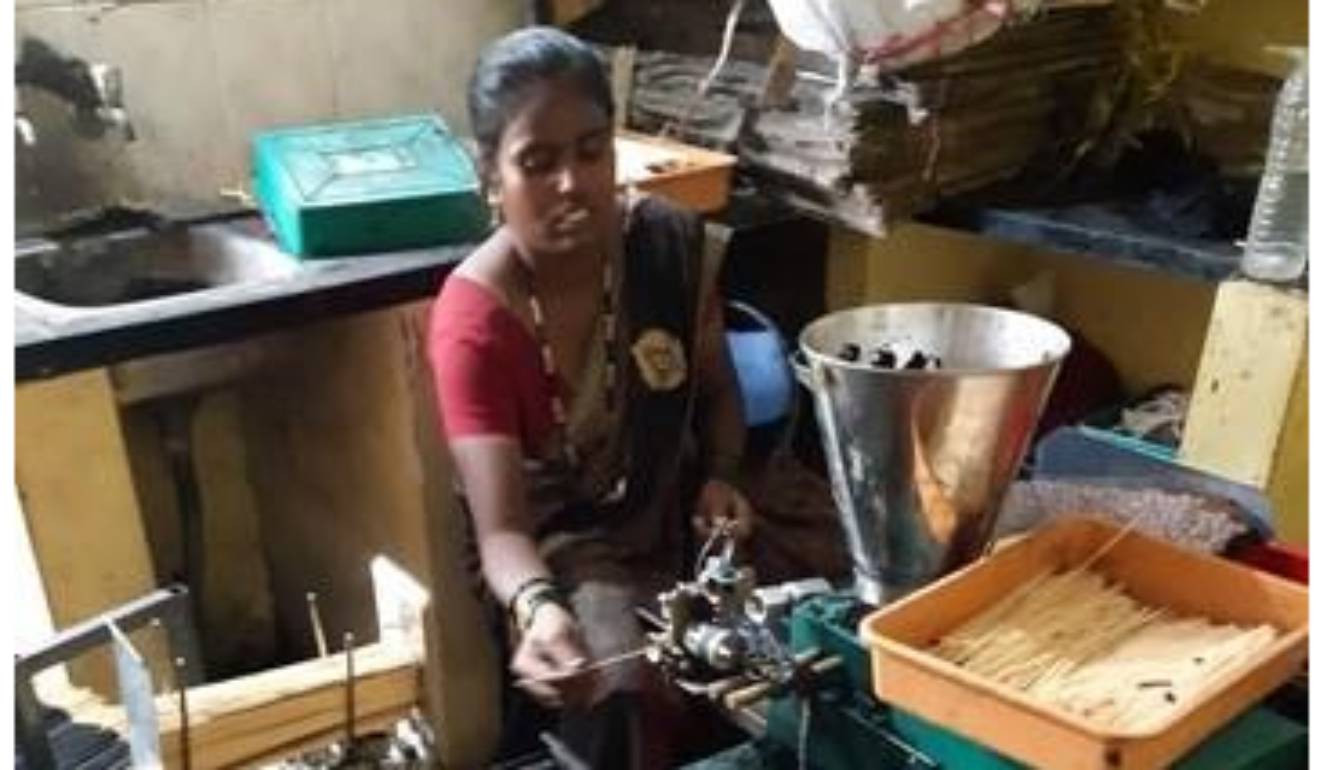



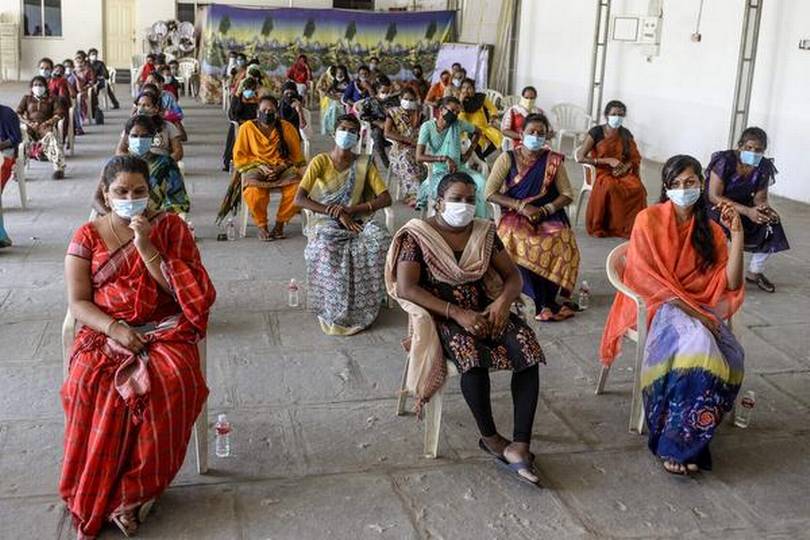








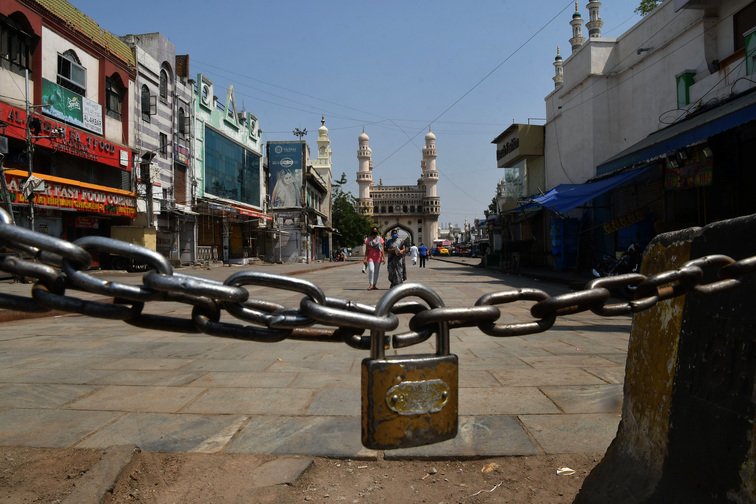




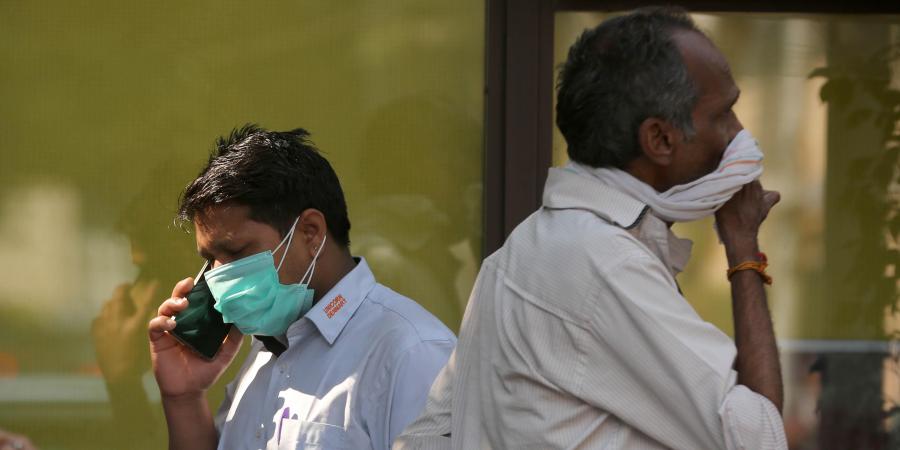
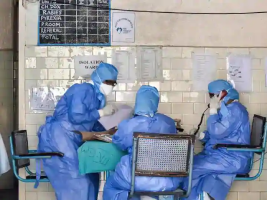

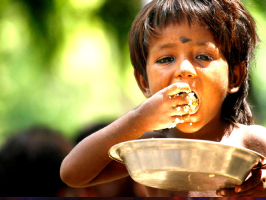
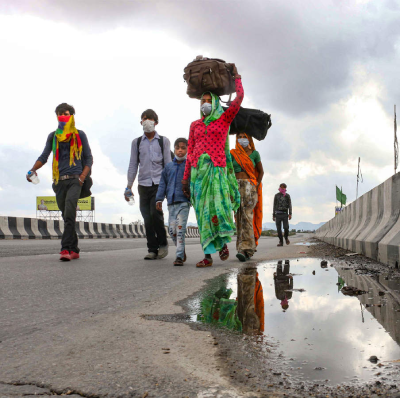
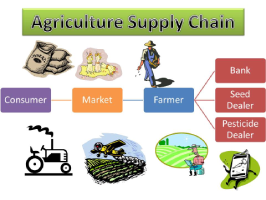
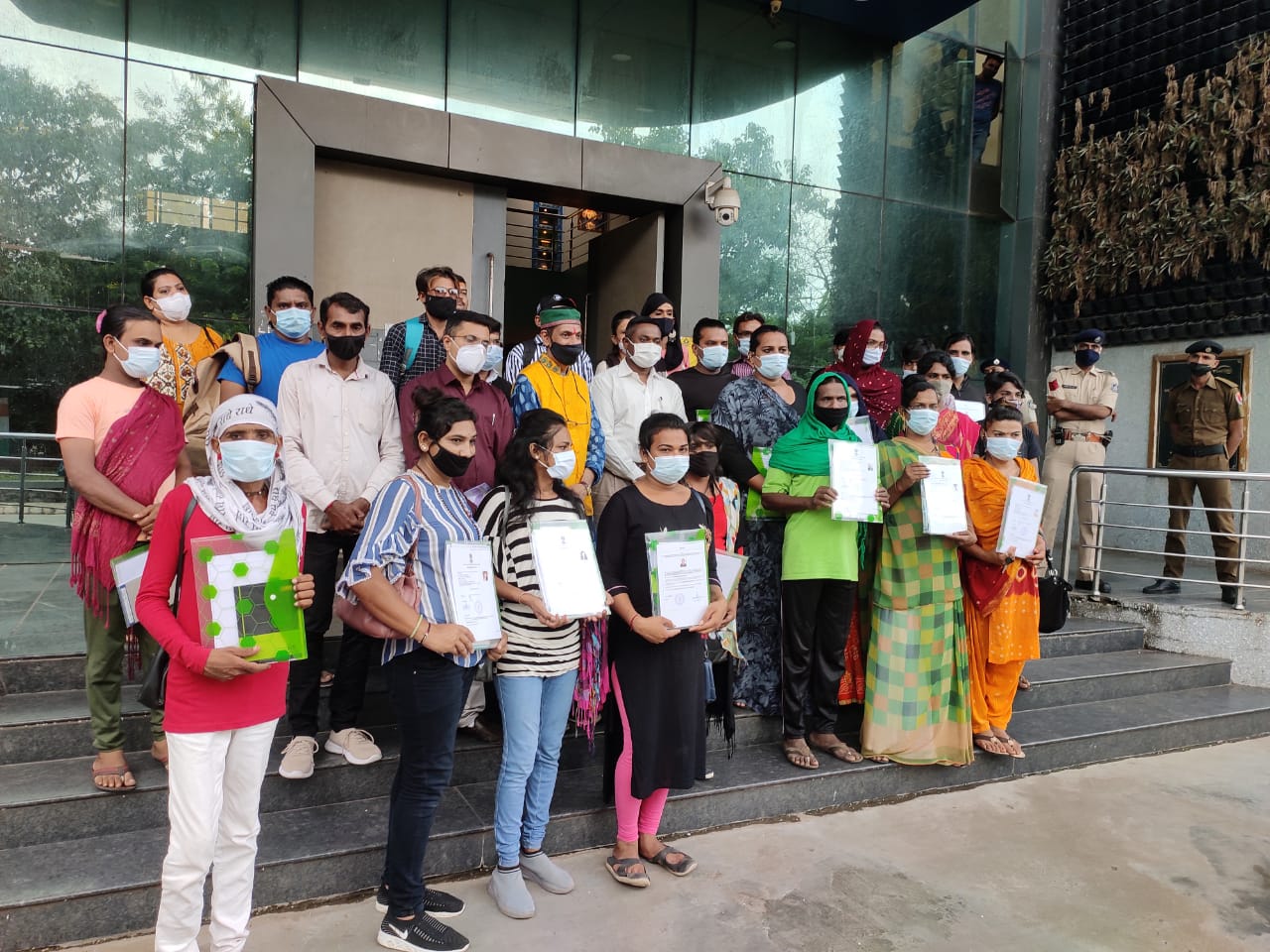
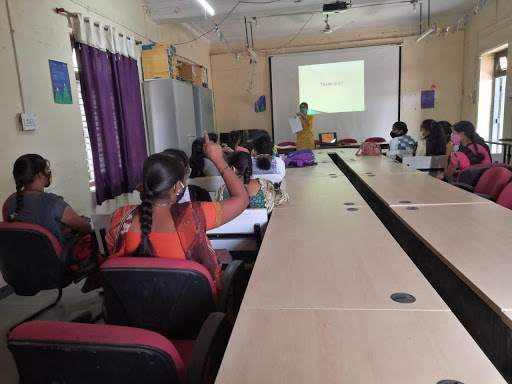


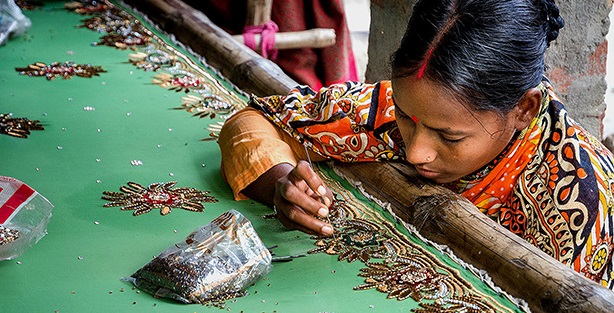
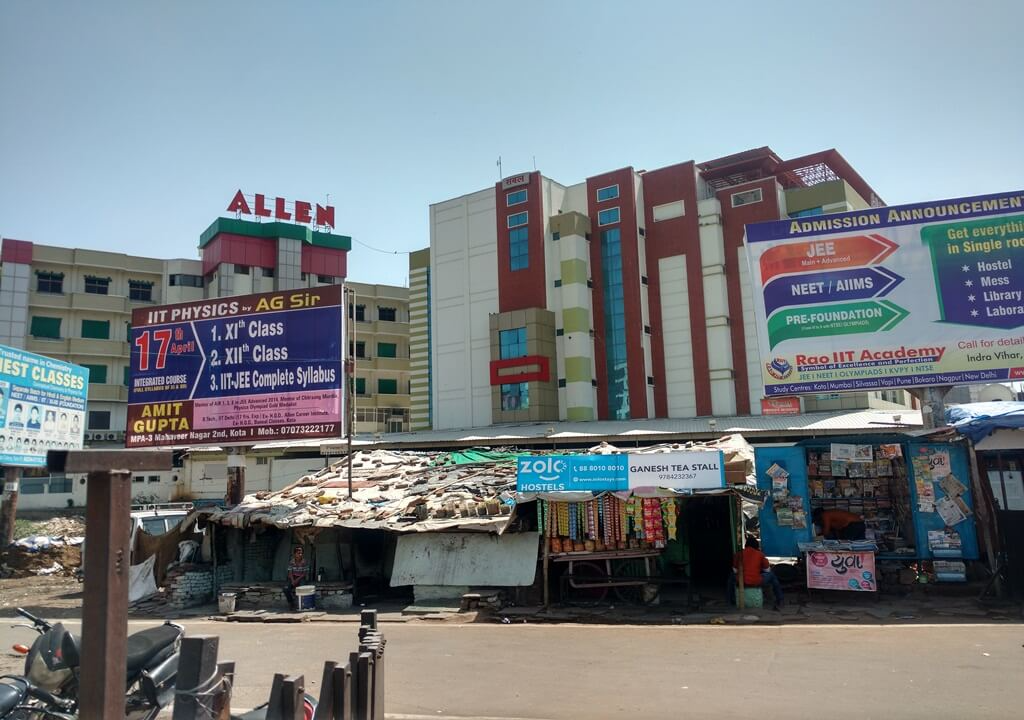
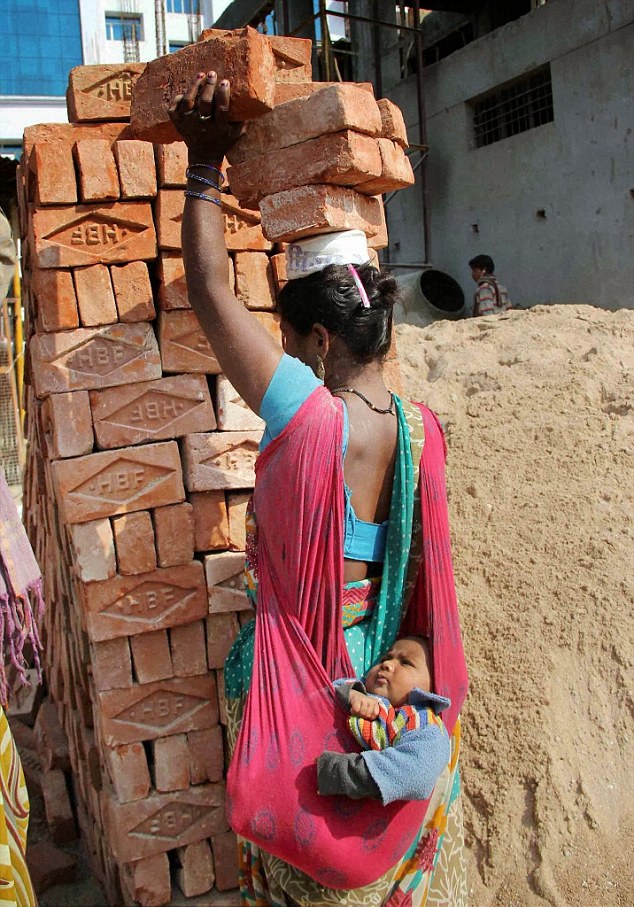
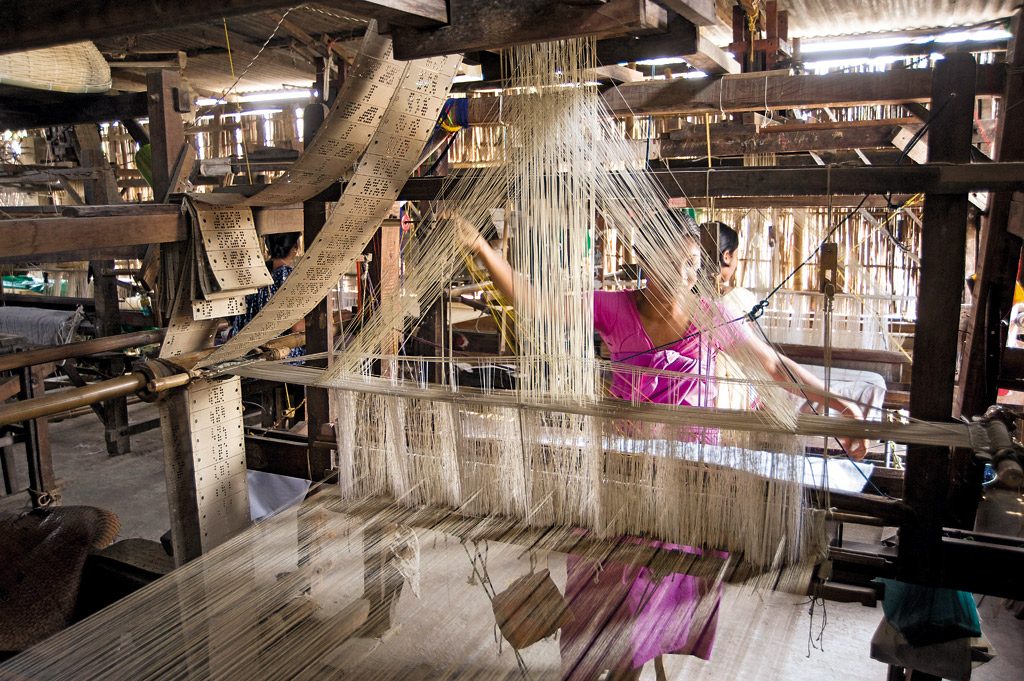
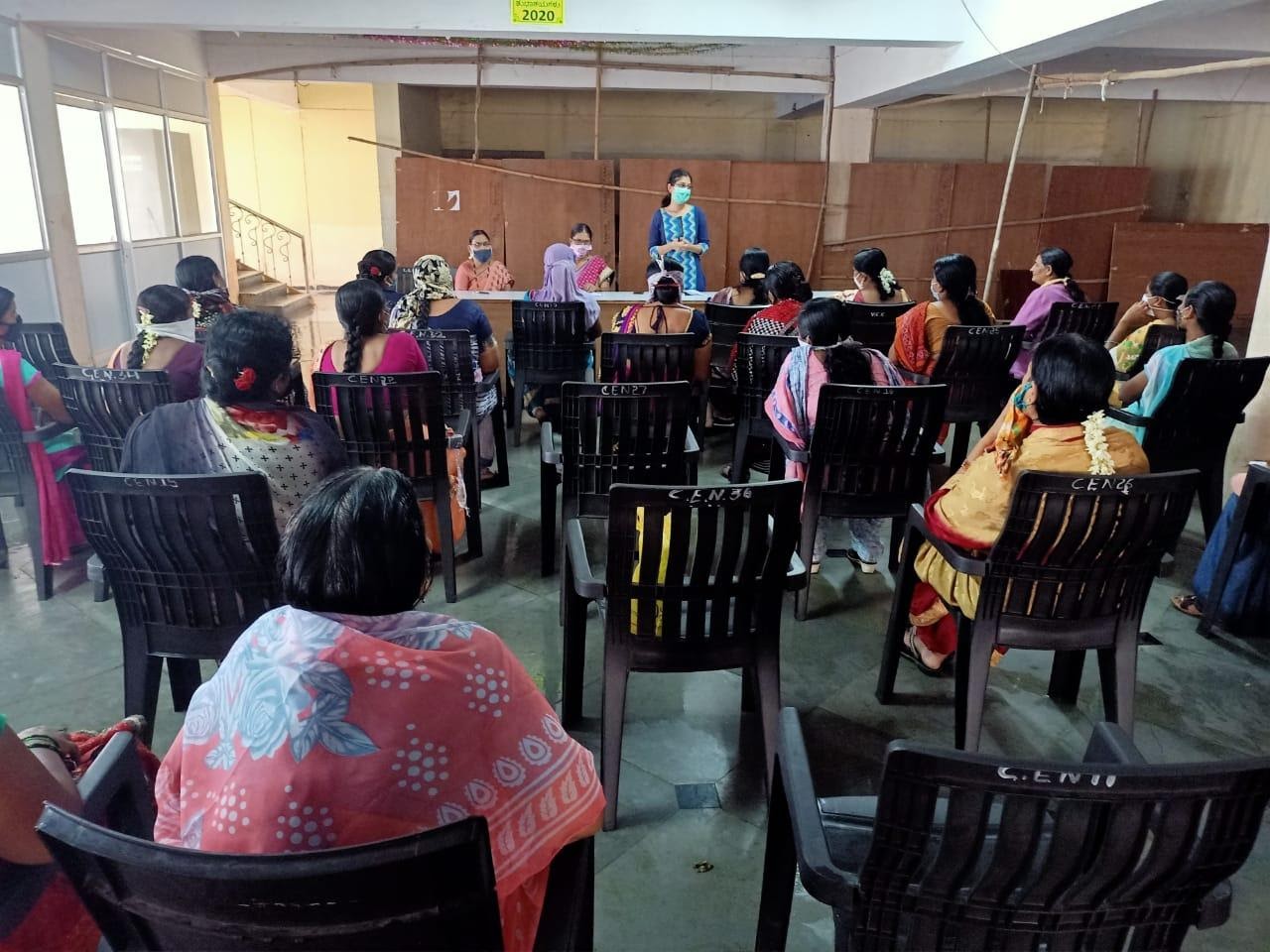
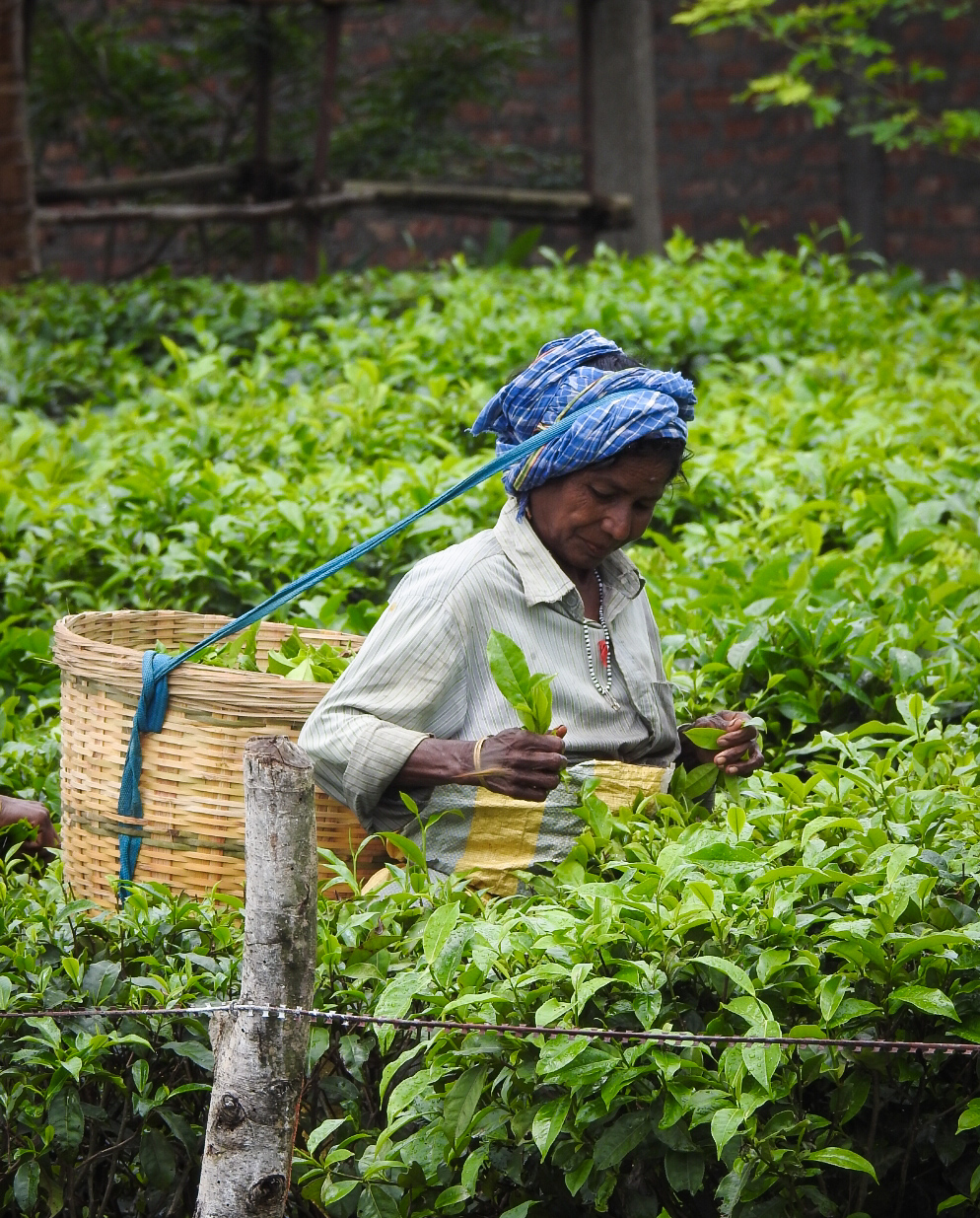

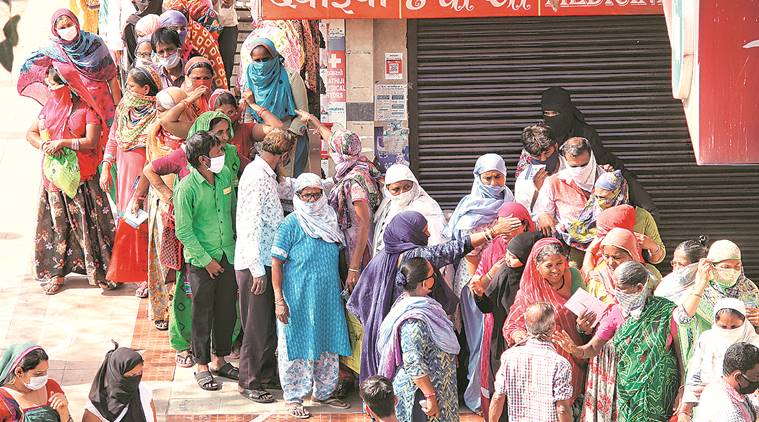

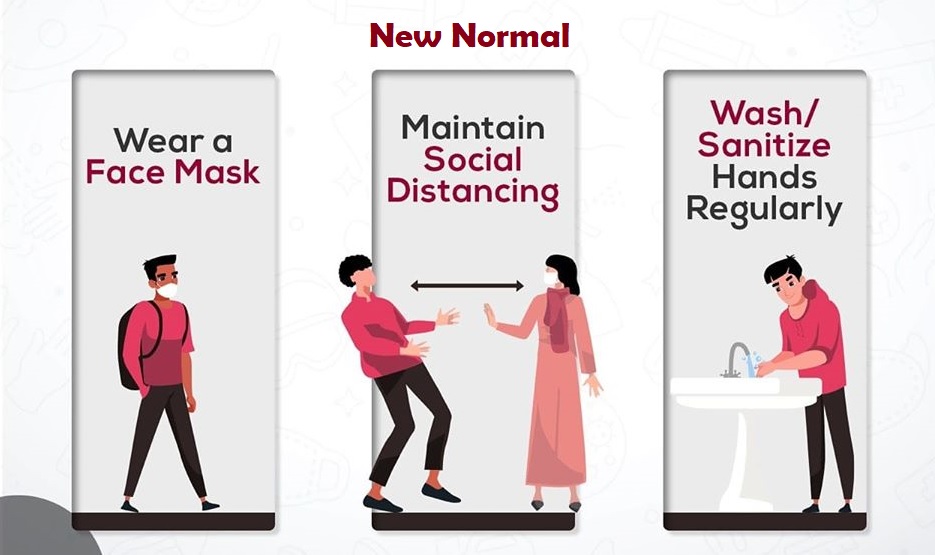
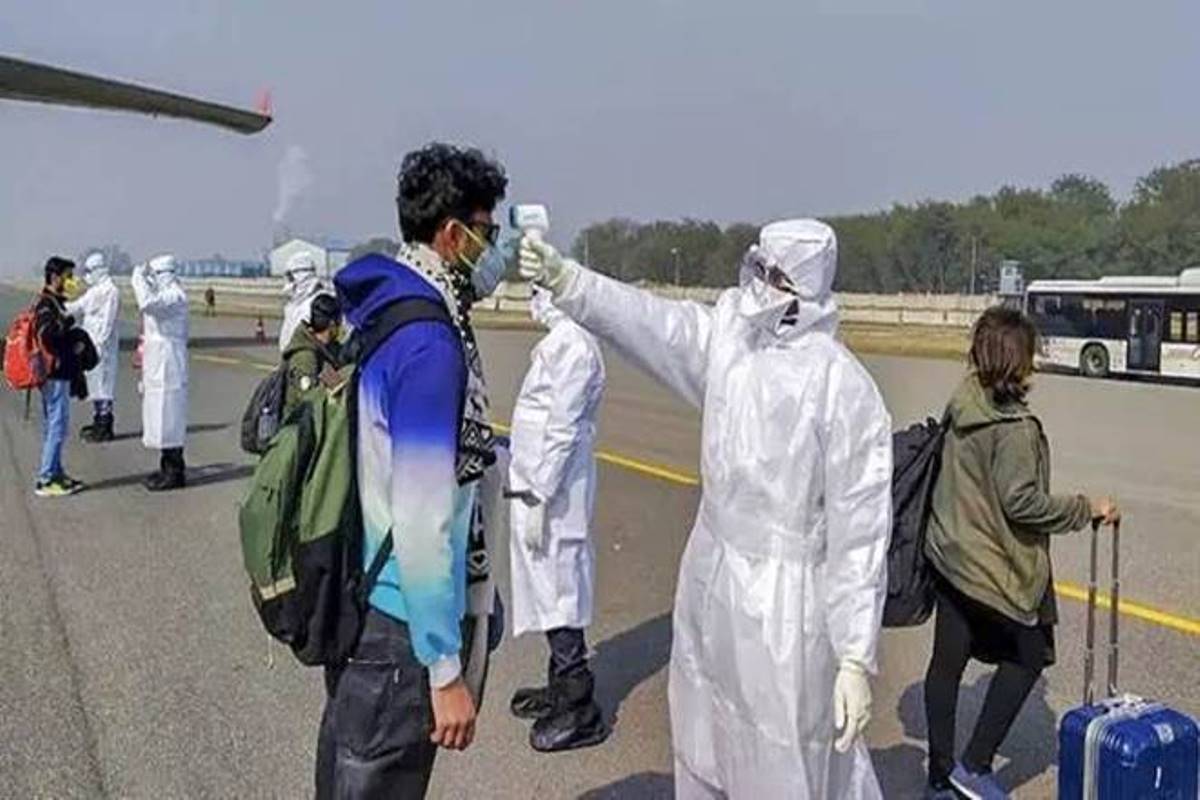

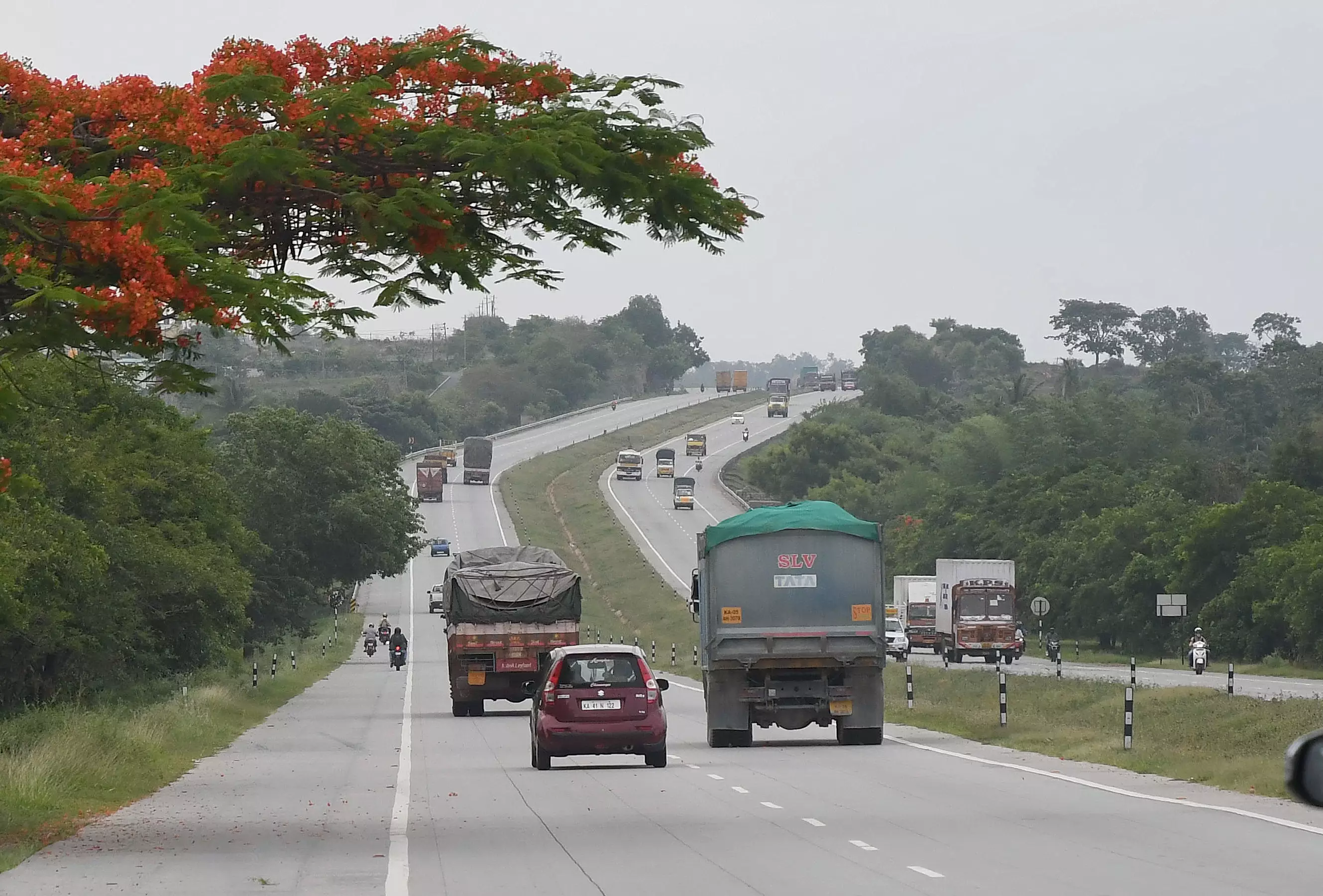
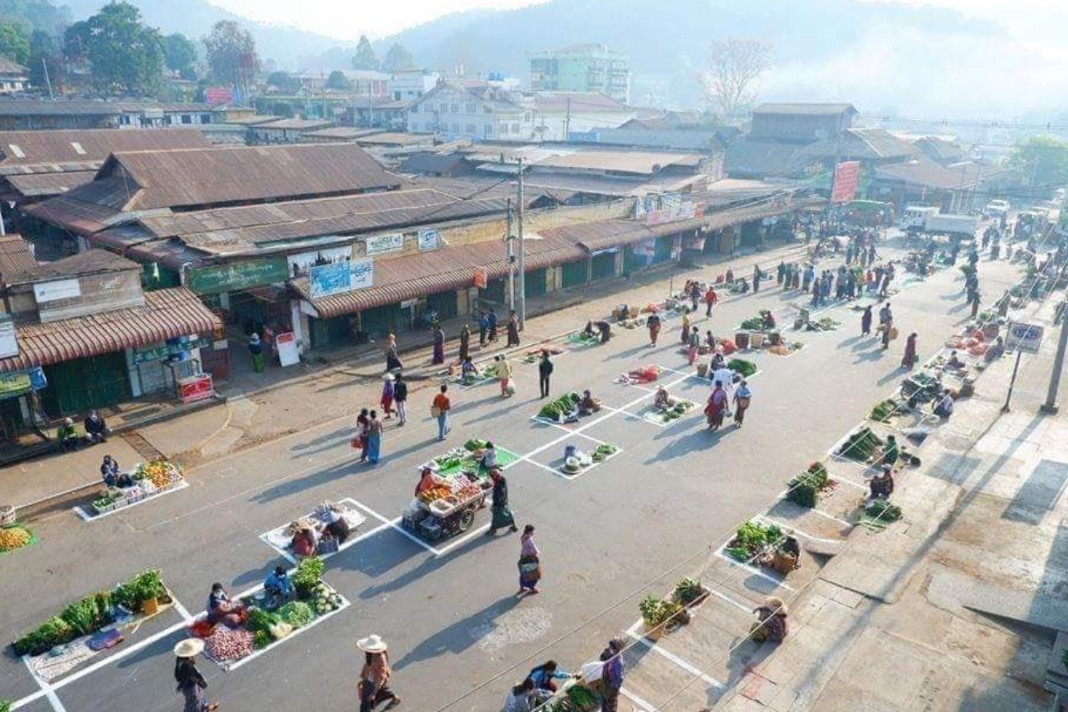
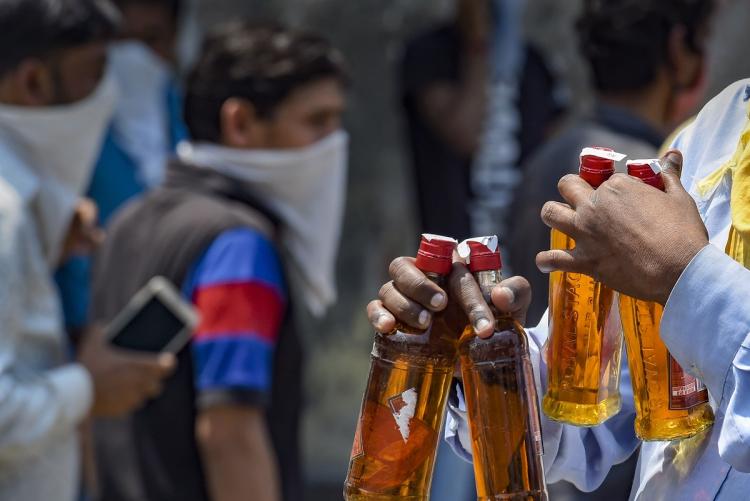
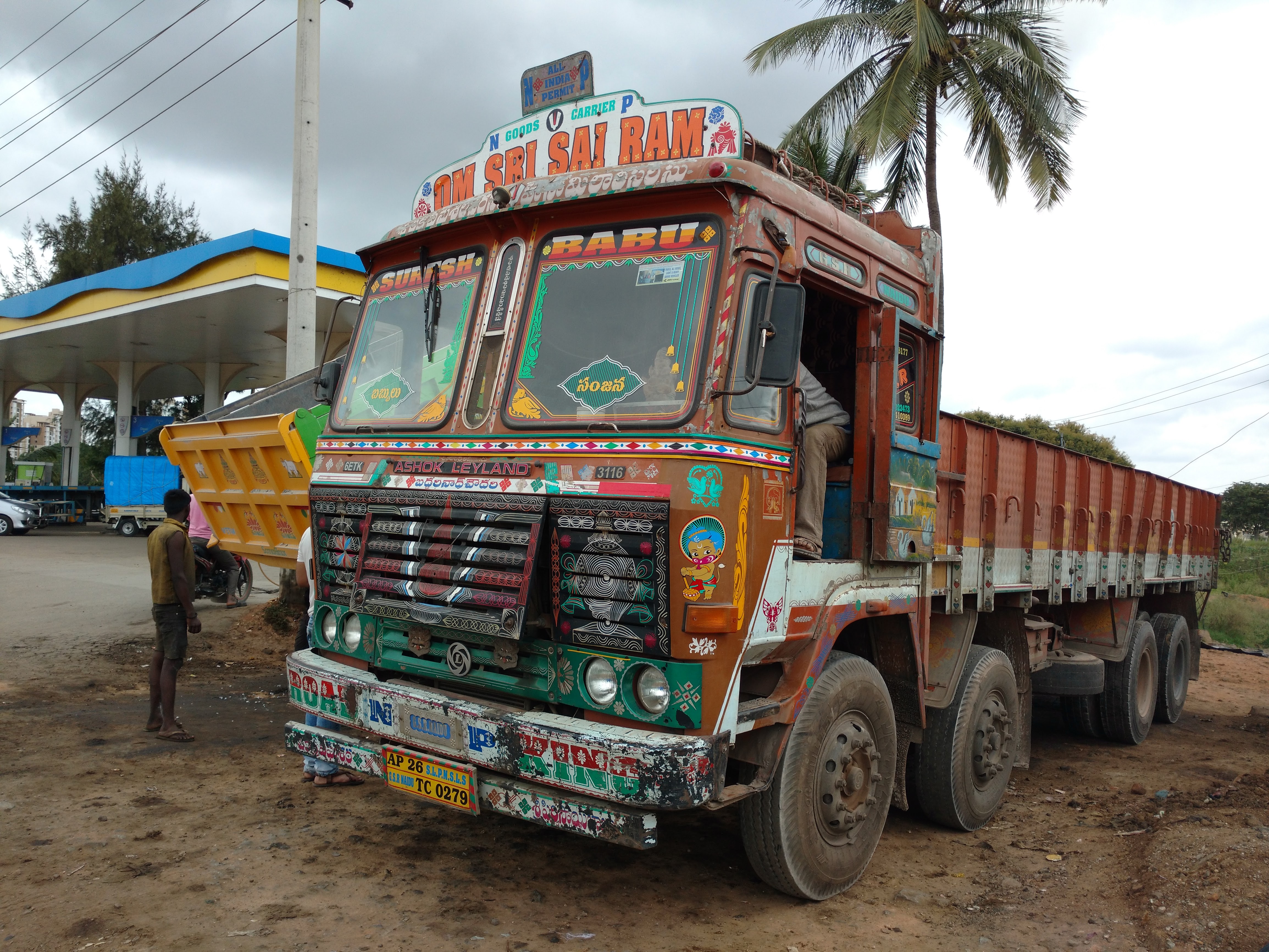

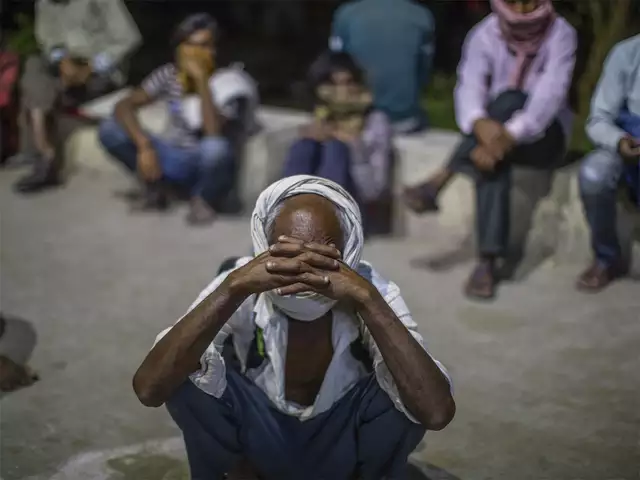

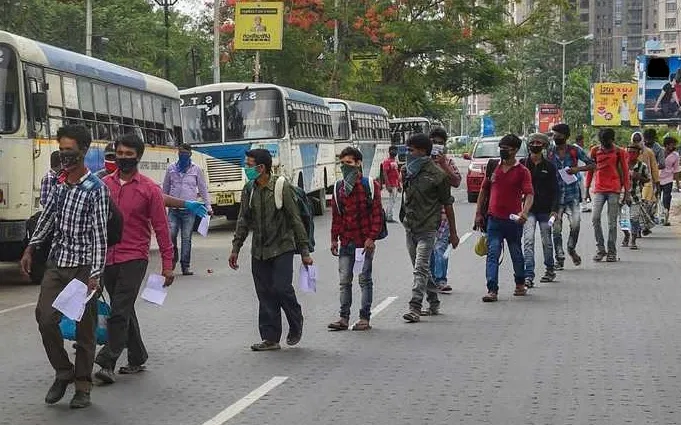



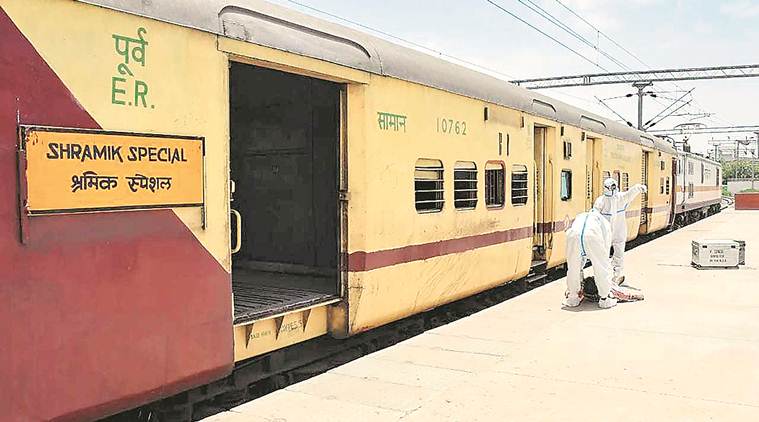



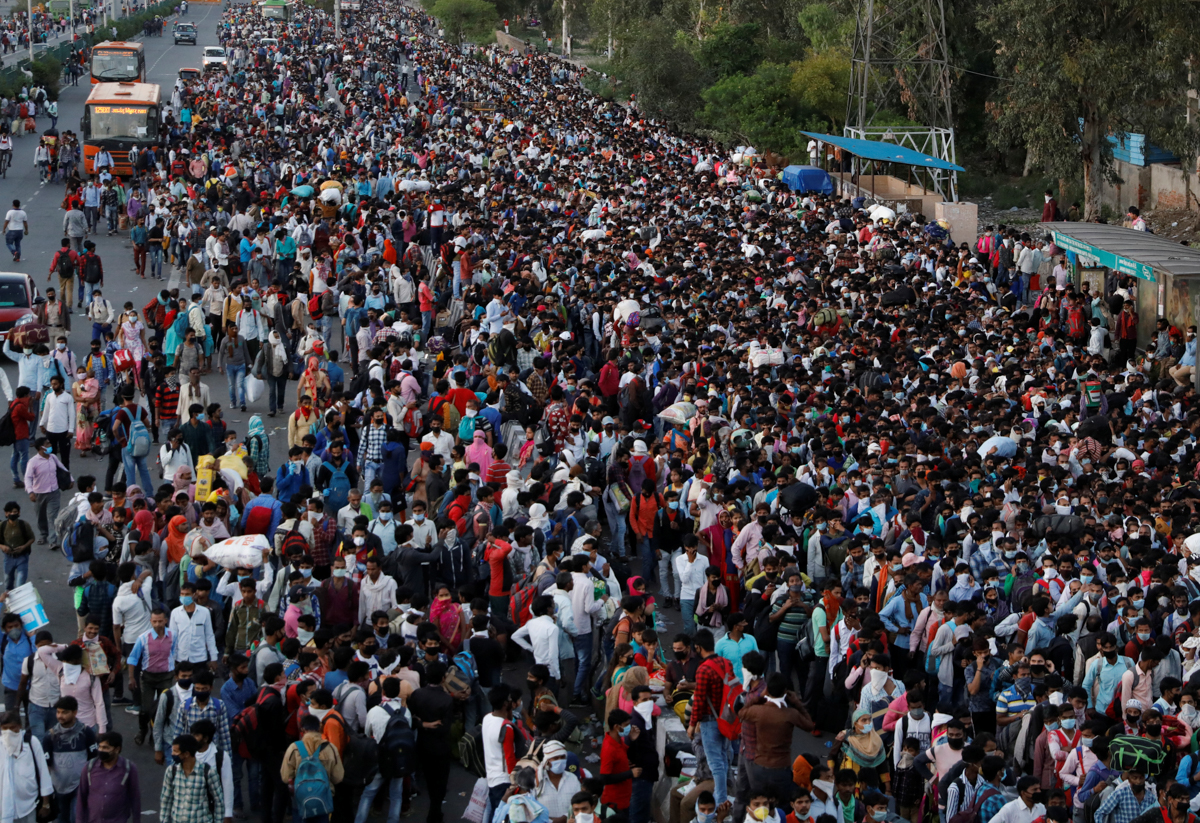
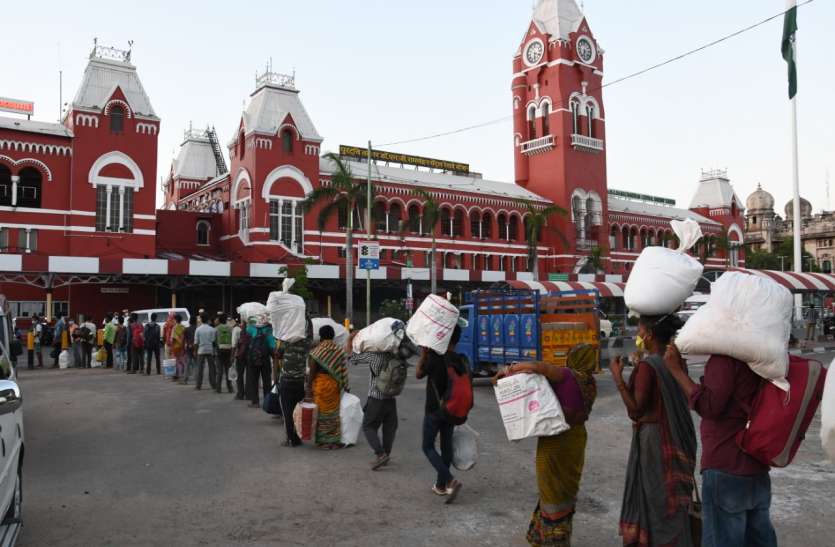
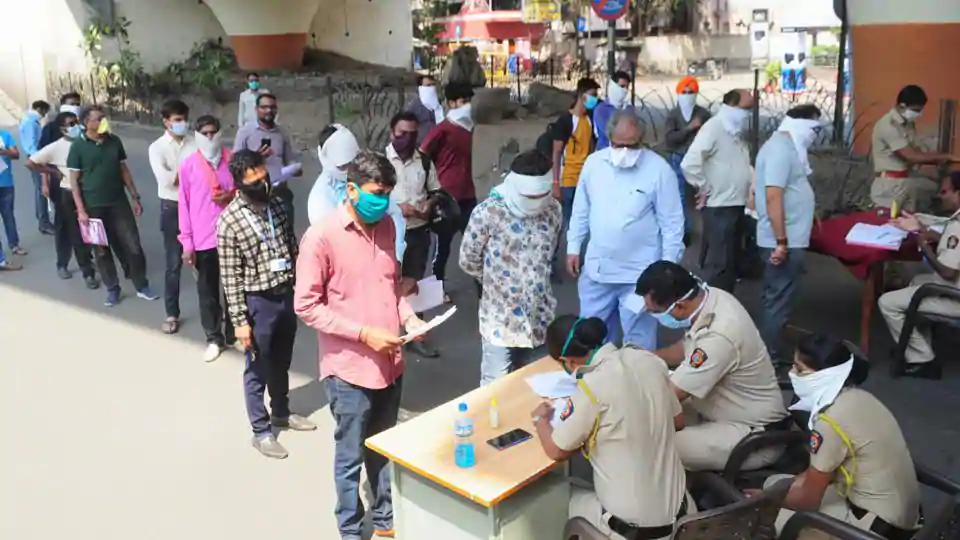
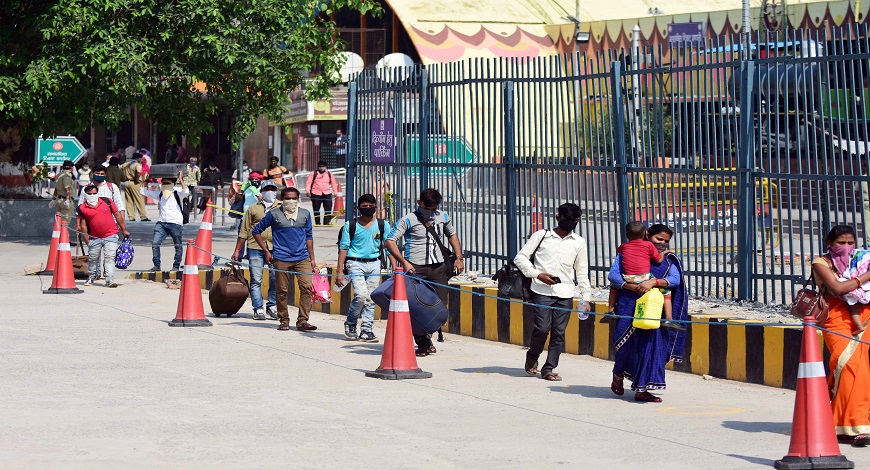
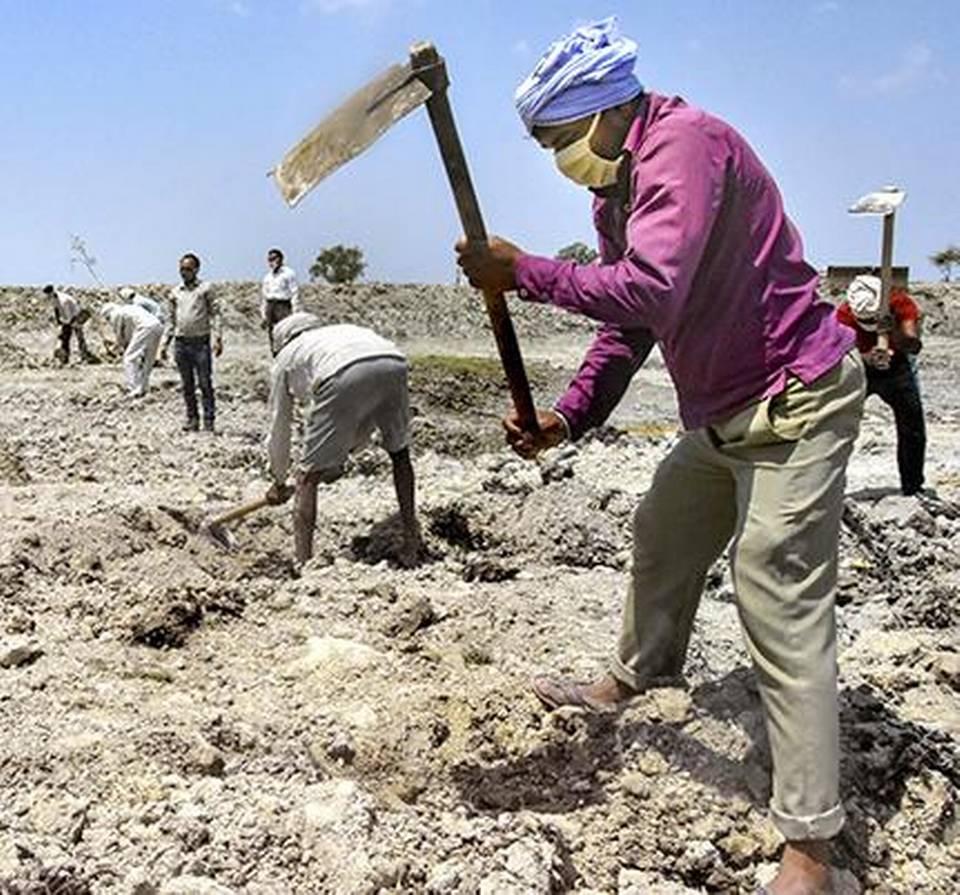
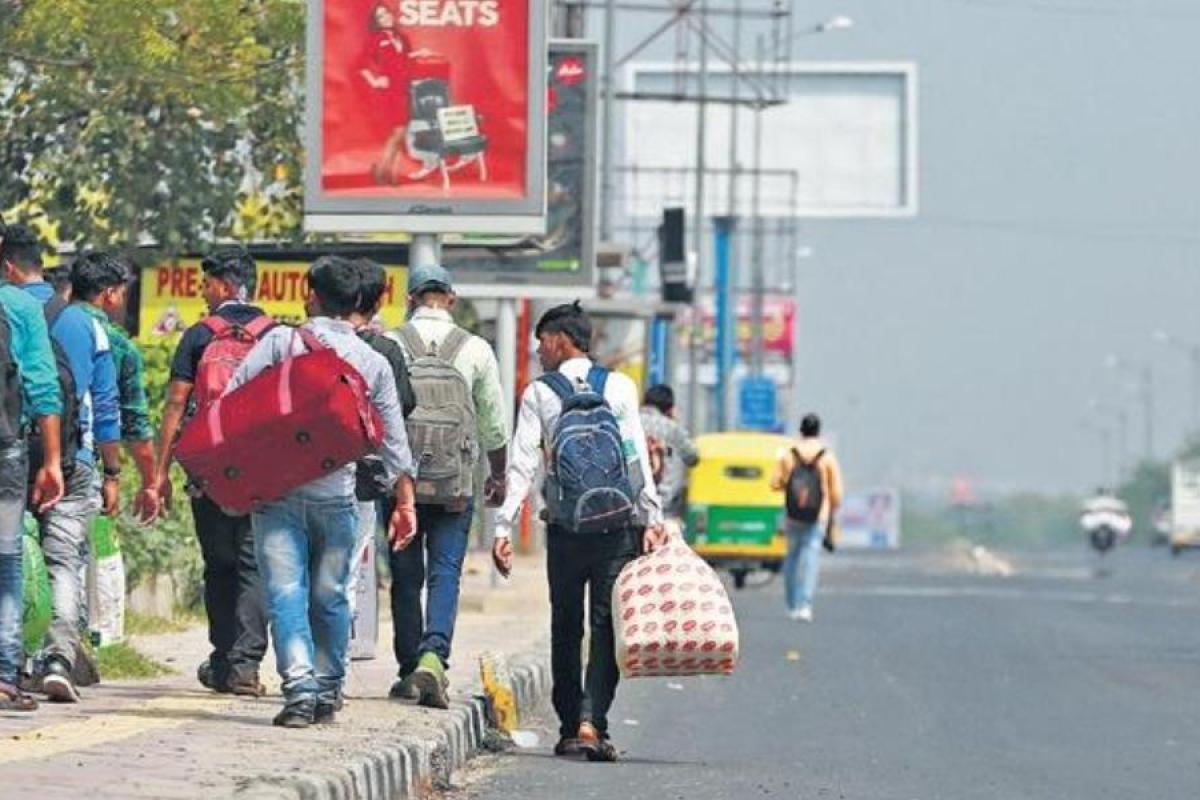
Rahul Saini
Swati Aggarwal